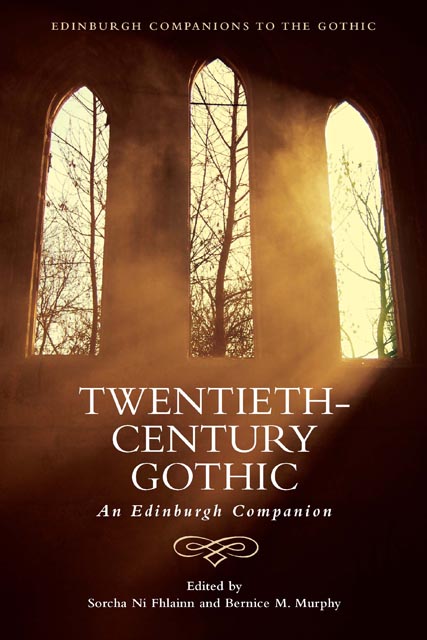1 - The Edwardian Supernatural
Published online by Cambridge University Press: 18 November 2022
Summary
In his essay ‘Some Remarks on Ghost Stories’ in The Bookman (1929), M. R. James notes the ‘astonishingly fertile’ field of the ghost story, ‘written with the sole object of inspiring a pleasing terror’, between the late 1890s and the late 1920s. Key ingredients of the successful ghost story are, to his mind, ‘malevolence and terror, the glare of evil faces, “the stony grin of unearthly malice”, pursuing forms in darkness, and “long-drawn, distant screams”’, not forgetting ‘a modicum of blood’. Gesturing to the geographies of haunting, he admires those authors who ‘can make us envisage a definite time and place, and give us plenty of clear-cut and matter-of-fact detail, but who, when the climax is reached, allow us to be just a little in the dark as to the working of their machin-ery’. This chapter investigates some of these elements of evil, terror and unearthliness in early twentieth-century ghost stories that keep the reader ‘in the dark’ on a number of levels.
Overshadowed by discussions of the fin de siècle and modernism, the Edwardian supernatural is a neglected aspect of twentieth-century Gothic, despite its distinctive take on haunted modernity. As Jerrold E. Hogle has argued, ‘the Gothic is endemic to the modern … the ever-extending tentacles of modern enterprise are always haunted by the doubts, conflicts, and blurring of normative boundaries that the Gothic articulates in every form it assumes’. The ‘golden age’ of the ghost story, according to Ruth Heholt, encompasses both the Victorian and Edwardian eras, two periods often yoked together in critical thinking about the supernatural. Yet this important transitional period from 1900 to the outbreak of the First World War was a time when the fascination with the supernatural and the uncanny, with lost worlds, weird creatures and spiritualist communications, flourished. As Victoria Margree has argued, for early twentieth-century writers:
the ghost story … is Janus-faced, looking backwards to the nineteenth century with a sense that its demise may have been announced prematurely, while also participating in the modernist perception that real and significant changes, in both social environment and human knowledge, require the development of new ways of representing selfhood in fiction.
- Type
- Chapter
- Information
- Twentieth-Century GothicAn Edinburgh Companion, pp. 15 - 32Publisher: Edinburgh University PressPrint publication year: 2022



